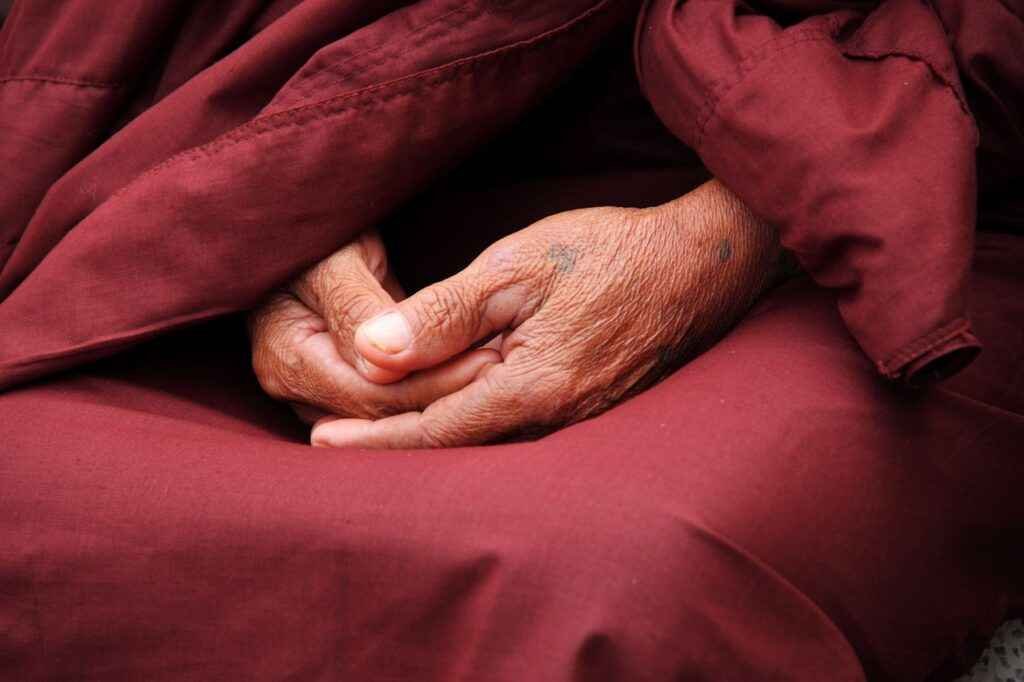Meditation can assist us in recognizing and cultivating our inner power, resilience, and concentration. Even if we know the importance of meditation, making time for it isn’t always simple. Even if we are focus to make time, we may be unsure of when the optimum time to sit is.

Your lifestyle and the benefits you hope to achieve via your practice will determine the optimum time to meditate. Meditation has a variety of health advantages when practiced on a daily basis. Meditation improves focus, decreases stress, and improves sleep quality, to mention a few benefits. The potential rewards will be proportional to your willingness to sit. That’s why it’s crucial to select a time that fits your schedule.
So, is it better to meditate in the morning or in the evening? Experts in meditation agree that the optimum meditation time varies from person to person. Nonetheless, certain times of day are more popular than others.
Early morning
Because the mind is peaceful and fresh in the morning, it is generally thought to be the greatest time to meditate. Most of us are also less likely to fall asleep early in the morning. Morning meditation is appreciated by people who practice it every day because it creates a peaceful and constructive tone before the day’s activities and distractions begin. Many individuals prefer to take a seat before eating breakfast. You might attempt a gratitude meditation in the morning.
We feel revitalized when we wake up. We aren’t thinking about or fretting about all of the things we have to accomplish today just yet. People are more likely to succeed in meditating on a regular basis if we undertake a brief practice first thing in the morning. And the beneficial effects of that early meditation will linger with us all day.
Beginners may struggle to find time to meditate in the morning, especially if stress and obligations make it difficult to relax. They may find it useful to settle into just a few mindful breaths, continuing with awareness for as long as is comfortable, rather than committing to a complete session.
After work
For good reason, some individuals prefer to meditate soon after they come home from work. Meditation is a wonderful technique to release tension that builds up in the body and mind during the workday, especially if your job is physically hard or cognitively demanding. Meditating after work also establishes a useful and distinct line between your busy professional life and your personal life.
You may leave work behind and devote more time to the other essential things in your life, such as your loved ones and leisure interests if you schedule regular quality “you” time.
During lunch break
The majority of meditators practice in the morning or evening, but lunchtime meditation may also provide a welcome reprieve from the daily grind. It also aids in the relaxation of your “computer desk” muscles. Even a few minutes here and there during the workday may make a difference.





